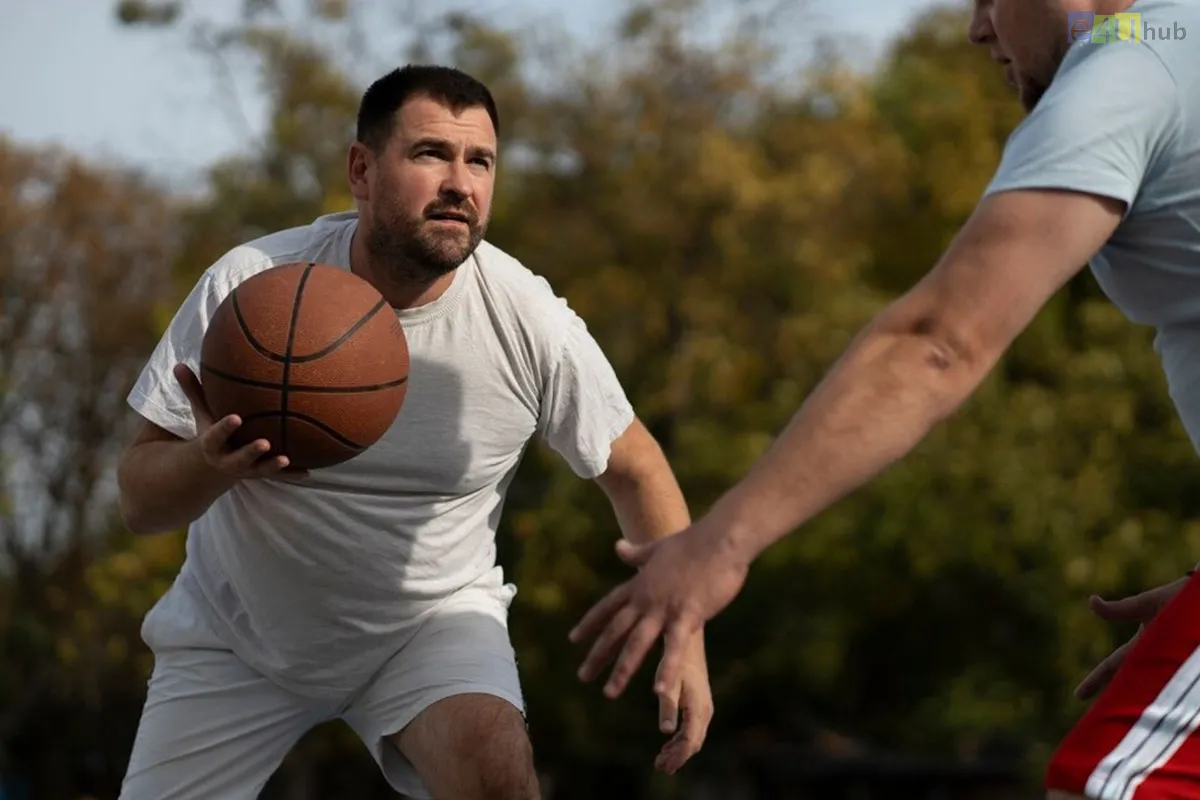
Behind the Scenes: What It Takes to Organize a Major Sporting Event
- 26 Sep, 2024
- Sports
- 671 Views
- 0 Comments
From the Olympic Games to the Super Bowl, major sporting events captivate audiences worldwide. However, what most fans see on game day is just the tip of the iceberg. Organizing a large-scale sporting event requires years of meticulous planning, collaboration between numerous stakeholders, and coordinating countless logistics. This complex process involves everything from venue preparation to marketing and athlete management, ensuring a seamless experience for spectators. Here’s a look at the intricate behind-the-scenes efforts that go into organizing a major sporting event.
1. Long-Term Planning: Laying the Foundation
For major events like the Olympics or World Cup, planning can start as much as a decade in advance. Host cities and countries typically go through a bidding process, competing to prove their capacity to host a global event. Once a location is selected, infrastructure development, legal agreements, and financial commitments are set in motion.
Cities may need to build new stadiums, upgrade transportation systems, and ensure there is adequate accommodation for thousands of athletes, fans, and media personnel. Coordinating all these efforts with local governments, sponsors, and sports organizations is crucial to ensure the event can be successfully executed.
2. Venue Selection and Preparation: Creating the Stage
One of the most critical aspects of organizing a major sporting event is selecting and preparing the venues where the games or matches will take place. Venues must meet strict technical and safety standards, provide ample seating for spectators, and accommodate media coverage.
For large international events, venue preparation may involve building new facilities or significantly renovating existing ones. Event organizers must ensure that these venues are equipped with the latest technology, from high-definition broadcasting capabilities to advanced safety systems. Additionally, logistical considerations such as transportation access, parking, and crowd management are carefully planned to prevent chaos on game day.
For events like the Olympics, multiple venues are required to host various sports, meaning that city-wide coordination is necessary to manage transport routes, event schedules, and security measures across several locations.
3. Athlete and Team Management: Logistics and Care
Athlete and team logistics are an essential part of event organization. Athletes traveling from all corners of the globe require accommodations, transportation, and proper training facilities leading up to the event. Coordinating these logistics involves booking hotels, ensuring access to training sites, and arranging transportation between venues, while also adhering to strict schedules.
Athlete welfare is paramount, so medical teams, physiotherapists, and support staff are on hand to cater to their needs. For major events like the FIFA World Cup or the Olympics, athletes from over 200 nations participate, making coordination even more challenging. Event organizers are responsible for ensuring that athletes have the resources they need to perform at their best while handling any issues that may arise.
4. Event Security: Ensuring Safety for All
Security is a top priority when organizing any major sporting event, as these occasions often draw large crowds and high-profile figures. Whether it's crowd control, preventing unauthorized entry, or protecting VIPs, security efforts involve a multi-layered approach.
Event organizers work with local law enforcement agencies, private security firms, and sometimes even national defense forces to devise security plans. Surveillance systems, metal detectors, and crowd management protocols are implemented to ensure the safety of spectators, athletes, and staff.
Cybersecurity is also a growing concern, especially with the increasing reliance on digital ticketing, broadcasting, and communication systems. Organizers must safeguard their digital infrastructure to prevent hacking, data breaches, or potential sabotage.
5. Sponsorships and Financing: Fueling the Event
The financial aspects of organizing a major sporting event are both complex and significant. A successful event relies heavily on securing sponsorships, as these partnerships fund everything from advertising campaigns to stadium construction. Sponsors want visibility and brand association with major events, so they invest heavily in securing naming rights, advertising spaces, and exclusive promotional opportunities.
For example, the Olympic Games are known for their global sponsorship deals, with companies like Coca-Cola, Visa, and Samsung paying top dollar for a chance to be associated with the event. In return, these sponsors expect prominent placement in broadcast commercials, at venues, and on athlete uniforms.
Ticket sales and broadcasting rights are also vital revenue streams, but financial risks can arise if sales don’t meet expectations or if the event is disrupted due to unforeseen circumstances (such as the COVID-19 pandemic). Organizers need to create contingency plans and manage finances prudently to avoid running into financial difficulties.
6. Marketing and Media Coverage: Reaching the Audience
No major sporting event would be complete without a massive marketing campaign designed to attract viewers and attendees. Marketing teams develop campaigns that involve social media promotion, television commercials, print ads, and even influencer partnerships to build anticipation and boost ticket sales.
Equally important is media coverage. Broadcasting rights are often sold to networks across the globe, allowing millions of fans to tune in from their homes. Coordinating the media side of a sporting event requires ensuring that there are proper camera placements, access for reporters, and communication networks to transmit live updates.
Media hubs and press rooms are set up at venues to accommodate journalists, who play a key role in creating global awareness about the event. Their coverage is what brings the experience to fans around the world who cannot attend in person.
7. Sustainability and Legacy Planning: Leaving a Positive Impact
More recently, sustainability has become a critical consideration for major sporting events. Organizers are increasingly focusing on minimizing the environmental impact by building eco-friendly infrastructure, reducing waste, and offsetting carbon emissions. For instance, the 2024 Paris Olympics is aiming to be the greenest Games ever, with initiatives such as sustainable building materials, renewable energy use, and waste reduction programs.
Additionally, event organizers must think about the long-term legacy of the event. After the games are over, what impact will the event have on the host city or country? Will the infrastructure built for the event continue to benefit the local population? Will tourism increase as a result of global exposure? Organizing a major sporting event is about more than just a moment in time; it’s about ensuring lasting benefits for the community and future generations.
Conclusion
Behind every major sporting event lies an intricate web of planning, coordination, and effort that involves thousands of people working tirelessly to ensure its success. From logistical challenges to financial management, and security protocols to athlete care, the scope of organizing a major sporting event is truly monumental. Yet, when everything comes together—when the athletes perform, the fans cheer, and the world watches—it's clear that all the hard work was worth it. The magic of the event may last for a few days or weeks, but the legacy it leaves behind can shape cities, nations, and the future of sports for years to come.














Leave a Reply